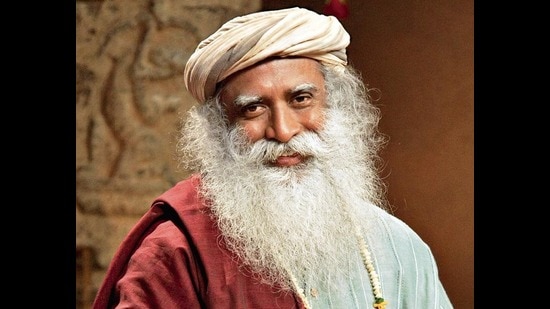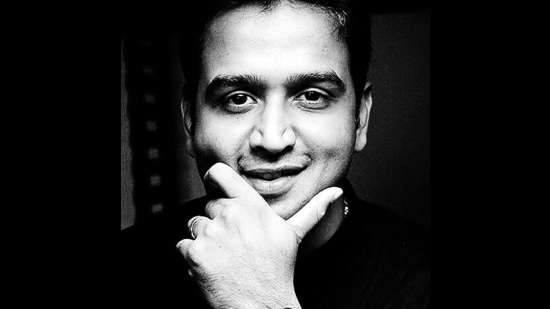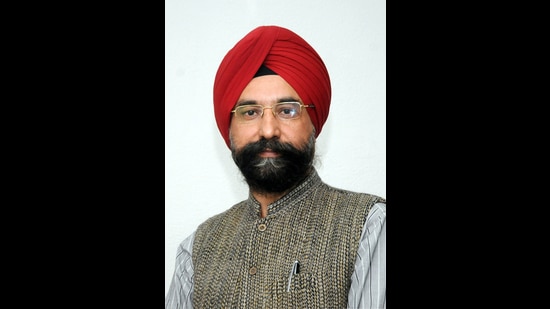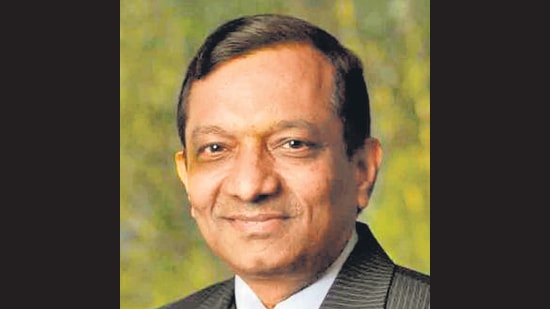We must distinguish between plan and purpose: Sadhguru at Isha Insight
Purpose, change, risk and risk-management were key themes at Isha Insight: The DNA of Success, the annual business leadership programme of the Isha Leadership Academy, set up by spiritual teacher Sadhguru.
What makes a good enterprise great? A journey that involves looking inward amid change. A set of superordinate goals. A purpose beyond profit.

Purpose, change, risk and risk-management were key themes at Isha Insight: The DNA of Success, the annual business leadership programme of the Isha Leadership Academy, set up by spiritual teacher Sadhguru.
While the academy was established with the goal of providing leadership education and enabling businesses to adapt to a fast-changing environment, the business leadership programme was started with the aim of helping entrepreneurs prepare for each new stage in their leadership journey. Now in its tenth year, Isha Insight 2021 was held between November 25 and 28.
The sessions took on particular resonance in an age set to be defined by disruption, and radical innovation. Many sessions focused on how this decade will call for proactive change, and holistic shifts in the way businesses think. Sessions also tackled how leaders will need to prepare themselves, so that they are better equipped to prepare their teams and organisations.
Participants were invited to evaluate these questions as well as their individual journeys through the experiential lens of successful business leaders, including Nithin Kamath of the stock-trading platform Zerodha, former Mahindra & Mahindra managing director Pawan Goenka, and RS Sodhi, managing director of the Gujarat Cooperative Milk Marketing Federation, which owns the Amul brand.
Greater purpose
Every business must have a clear purpose in mind. “We must distinguish between plan and purpose,” said Sadhguru, opening the business leadership programme on November 25. “A plan is a tool to fulfil the purpose. If you have an inclusive, burning purpose in your heart, a dozen plans will come up.”
Businesses have a great responsibility to build resilient societies, Sadhguru added. “The expansion of this larger purpose is what will propel businesses to serve communities better.”
This means that the questions that businesses and business leaders need to ask themselves in order to assess their success must be very specific too. “How many lives you’ve changed, how far you’ve reached... These are the factors that will determine success. The best way for an entrepreneur to serve the world is that, except for the money you keep aside for you and your family, every rupee or dollar is circulating in the economy and creating vibrant markets,” Sadhguru said. “Challenges are times or challenging times are the times when great leaders can be manifested. Challenging times are those times where you could rise as a big possibility as a leader in the world, because that is the time everybody looks for leadership. Because that is the time everybody is looking for someone whom they can emulate.”
A conscious business

“You can be a business that thinks about giving back,” said Kamath of Zerodha. “A conscious business… India needs that.”
He pointed out that Zerodha’s path has been one not many businesses might take: the company has no revenue targets, hires and trains freshers, no leaders have been hired from outside, everyone has grown from within the business, and Zerodha has been investing heavily in grassroots organisations and startups.
How did Kamath and team develop this approach? “There is a concentration of wealth happening on the planet, and that’s only going to accelerate,” he said. “I think wherever there is concentration of wealth, people should do more to give back.”
Zerodha’s team sees themselves as “custodians of the customer”, and therefore prizes its transparent culture. “In financial services, intermediaries really make their buck by making things complex and opaque. The first thing we wanted to do was to make it transparent,” Kamath added. “Transparency is the foundation upon which we intend to build our organisation.”
Value for many

“Value for many, value for money,” said Sodhi of the Gujarat Cooperative Milk Marketing Federation, speaking on Day 2 of Isha Insight.
This mantra prioritises a very stable price for millions of dairy farmers, encouraging them to grow their own businesses, as well as value for the buyer and consumer, by providing the best-made milk products.
Start small and build organically, was Sodhi’s other message. Businesses must not try to achieve scale by geography, but rather learn to be a “gully brand” then move on to become a mohalla brand, city brand, state brand... and so on.
“Expansion, expansion, and more expansion,” is the mantra at Amul, Sodhi said. “We expanded our milk procurement centres not only in Gujarat, but also outside Gujarat, in 2010, and we now operate in more than 15 states.”
Amid the dominance of mega-corporations, Sodhi also called for a revival of cooperative-based economic development for small businesses in the country. “They can come together, share resources, create their own supply chain, and reach the consumer. As a result, the maximum amount earned is returned to the supplier or producer of a service,” he said.
Betting big

Goenka spoke at Isha Insight 2021 of his “big bet” strategy. Introducing the Mahindra Scorpio was a big bet for the company and Goenka is credited with revolutionising Mahindra & Mahindra by launching the SUV in 2002. It was a risk, but without risks one cannot have big gains, said the 67-year-old, who is also chairperson of the Indian National Space Promotion and Authorization Centre (In-Space).
It’s important to note, he added, that alongside calculated risk, one must have risk-management: “You must have a very well-developed plan, so you can make sure you can mitigate the risks (and increase) your chances of success,” Goenka said.
Risk-management also involves predicting and planning for disruption.
And always, at the heart of the enterprise, there must be a clearly defined purpose. “Why are you here? What is the purpose of you being here? If you didn’t exist, would anybody care?” was how Goenka put it. “It’s not just about you. It’s not just about your family. What do you mean to the world?”
All Access.
One Subscription.
Get 360° coverage—from daily headlines
to 100 year archives.



HT App & Website






